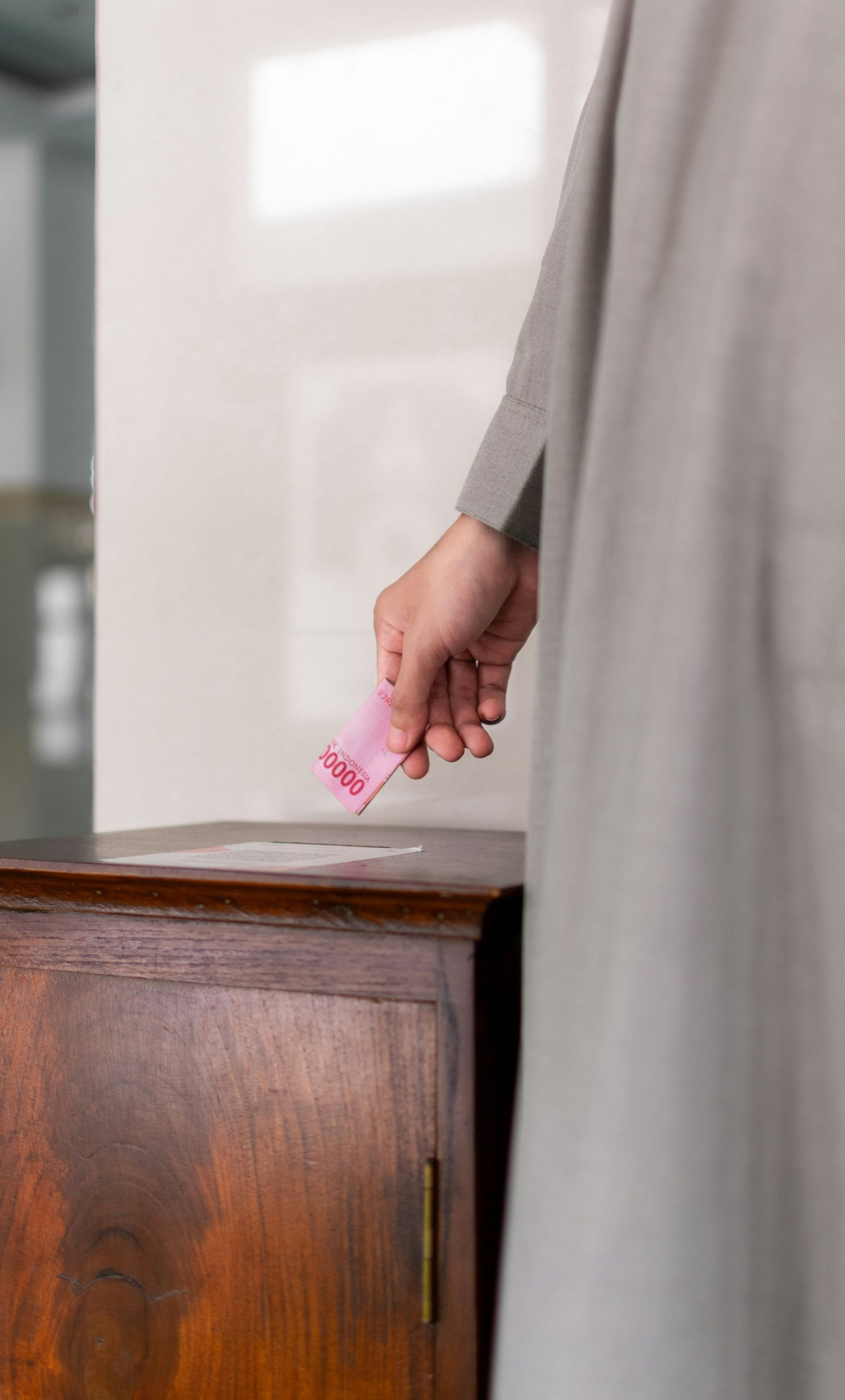Introduction
Wherever one finds themselves in life, it’s always been understood, especially for Muslims, that to fulfill our obligations properly, we have to first acknowledge our responsibilities.
A parent has a responsibility in how they speak and behave in front of their child. An employee of a charity has a responsibility in how they present themselves publicly as a representative of a mission. An Imam has a responsibility in the statements he makes before a congregation that sees him as a spiritual guide. A podcast host has a responsibility in how they present ideas to their audience and whether they’re doing so with honesty, clarity, and sincerity.
But these personal responsibilities don’t exist in isolation. They’re shaped and pressured by the larger systems we live within. The choices we make, even the ones that feel private or apolitical, are often molded by the very forces we claim to resist.
The average Muslim-American lives in a bubble of comfort, built by systems that rest on the backs of others, both domestically and overseas. We know this, of course, and so we give to charity, engage in da’wah, support various initiatives to lessen our guilt. But if we’re being truly honest, those things may or may not be enough to offset the moral debt we awaken with every morning as taxpayers funding a machine of subjugation.
And every so often, a moment arrives that demands more than just relief work. A moment that demands moral clarity. A moment that demands a line be drawn. For Muslim-Americans, 2024 was that moment.
The Moment That Demanded More
I recently listened to the MuslimMatters podcast featuring Imam Dawud Walid and Zainab bint Younus. While I appreciated much of the discussion, I walked away disheartened by what felt like a bias dressed up as “objective analysis” regarding the 2024 election.
Let me be clear: I have a deep admiration for Imam Dawud Walid. His writings during the 2010s, when activism often took the place of religion, helped keep me grounded at a time when others seemed swept up by trends and social media validation.
But part of honoring those we respect is offering principled disagreement when it’s needed, especially when the public is involved. And while much of the podcast was beneficial (and I encourage others to listen to it), the portion I took issue with was this:
“I voted for a third-party candidate and encouraged others privately to do the same, not from the minbar.
In retrospect, Trump is far worse now than in his first term. He is doing greater harm to society and to Muslims.
I am stating clearly on this MuslimMatters podcast: I made an error in that calculation.”
To make matters worse, the podcast host responded not by probing or playing devil’s advocate, but by saying: “I appreciate your honesty. I hope others reflect similarly.” As if what was just confessed was the abandonment of heresy in favor of orthodoxy.
While Imam Dawud’s statement was the centerpiece of that exchange, Zainab bint Younus, who served as both interviewer and platform, did more than simply moderate. Her framing shaped the narrative. By praising his reversal and expressing hope that others follow suit, she implicitly cast principled third-party voters as those needing to “see the light.” That kind of moral positioning deserves scrutiny. If the interviewer is going to steer the conversation toward a particular outcome, that influence shouldn’t be cloaked in neutrality; it needs to be owned. And if she truly believes that preserving “representation” or “access” justifies empowering genocidaires, she should say so plainly.
To be fair, podcast hosts are entitled to their leanings, but those leanings should be named explicitly, not cloaked in language that implies objectivity or consensus.
And in that exchange, I saw a familiar problem: a refusal to ask the most important question of all. What would the price have been for not drawing the line? That question was never even posed in the interview, despite the fact that the answer was written across our screens every single day.
What Would That Price Have Looked Like?
Before discussing anything else, let’s recall what the world looked like in 2024.
Starting October 7, 2023, we woke up and went to sleep every day to images, videos, and heartbreak worse than the day before. And throughout those endless months that turned into years, our grief and calls for action were met either with state-sponsored violence or gaslighting.
Hind Rajab was murdered under the Biden-Harris administration. Khalid “Soul of My Soul” Nabhan was murdered under the Biden-Harris administration. Fathers digging their children out of rubble, only to hear their screams fade into silence, happened under the Biden-Harris administration.
The Muslim-American community saw all of this. And after organizing protests, fundraisers, educational sessions, and community campaigns, we turned to political advocacy, specifically because it was an election year. And because everything we’d done up to that point was belittled, dismissed, and ignored, we drew a red line.
And yet here we are in 2026, with everyone offering commentary on the cost of that red line, while almost no one is examining the cost of not drawing it.
Let’s imagine we hadn’t. Let’s say the Muslim community—fractured, tired, traumatized, but still largely compliant—decided to line up behind the Harris-Walz ticket in 2024. Let’s say we ignored the genocidal campaign they bankrolled. Kamala Harris, vice president of the administration that made Muslim blood run like a river, would have been rewarded with a full term. And to be clear, she wasn’t just complicit; she was positioning herself to lead the violence.
John Kirby, who served as White House National Security Communications Advisor from 2022 to 2025, himself said:
“She’s been a full partner in our policies in the Middle East, particularly with our policies towards Israel and the war in Gaza—a full partner, involved in nearly every conversation the president has had with the prime minister.”
And her own words during the campaign season were just as explicit:
“I will always ensure that America has the strongest, most lethal fighting force.”
“I will always stand up for Israel’s right to defend itself.”
“ICE has a purpose. ICE has a role. ICE should exist.”
These statements were intentional declarations of intent, not gaffes or misquotes. She signaled her readiness to continue, and even escalate, the violence. And so, the Muslim-American voter faced a calculation: Should I vote for Harris-Walz and protect my comforts at the expense of my brothers and sisters abroad? Or should I vote third party, not because it’s easy, but because it’s right?
For the first time in decades, many Muslim-Americans chose the latter. They understood the stakes. They understood that being moral isn’t just about what you oppose; it’s about what you’re willing to risk. Because how could we justify endorsing the first livestreamed genocide in history, waged against a people the Prophet ﷺ described in this hadith:
“There shall always be a group of my Ummah clearly upon the truth, subjugating their enemies. Those who oppose them will not vanquish them except for some calamities that shall (occasionally) befall them. And they shall remain upon this until the command of Allah (i.e., Day of Judgment) comes.”
He ﷺ was asked: “And where will they be?”
He ﷺ replied, “In Bayt al-Maqdis, and the neighborhoods around Bayt al-Maqdis.”
That was the choice before us in 2024. And for the first time in decades, many Muslims chose to stand with that enduring group, despite the uncertainty, despite the cost. But that choice brought with it a far more serious question, one that Imam Dawud and Zainab bint Younus raised in passing, but never truly reckoned with.
What Kind of Dīn Would We Be Transmitting?
In the interview, both Imam Dawud and Zainab bint Younus voiced concern about safeguarding the ability to practice and transmit Islam in the West. Imam Dawud said:
“As Muslims living in the West, our priority must be safeguarding our ability to transmit the dīn to future generations and to practice and propagate Islam.”
And I ask sincerely: What kind of dīn would we be transmitting if we voted for genocide? Would our institutions be preserved if we rewarded those who funded the destruction of Bayt al-Maqdis? Would our youth learn moral clarity if we taught them that war crimes are tolerable when committed by diverse cabinets?
Because if our religious practice can only survive through allegiance to mass murderers, it’s not being preserved, it’s being hollowed out. A dīn that adapts to genocide isn’t being transmitted, rather it’s being repurposed as a utility.
And this isn’t abstract theology. It’s the question our children will ask us when they learn what happened. And when, not if, they ask, we won’t just have to answer for our silence, but for the political choices we made in the face of atrocity.
This Was Never About a Quick Win
Critics for the past year have often asked: “What did your third-party vote even accomplish?”
The answer: It was never about quick wins. It was about ending a cycle of political dependency and moral compromise. For 25 years, Muslim-Americans voted based on short-term comfort. That mindset bred a culture of exceptionalism, where we thought we could keep compromising without consequence.
That mindset is what many critics, including Imam Dawud and Zainab, have rightly criticized in other contexts. Yet when it came time to make a sacrifice that actually carried cost, those same critics hesitated. This wasn’t a protest vote to feel righteous. It was a refusal to normalize betrayal. It was a statement: You don’t get to commit genocide and still get our votes.
We’ve been told that we need to be pragmatic, but the fact of the matter is that pragmatism without principle is surrender, not strategy. And had we not taken this stand, many of us would have become what Imam Dawud warned about on the very same podcast: cultural Muslims, who wear religion like an outfit, not a commitment.
And if our community continues down that path, trading integrity for influence, trading sacrifice for comfort, we shouldn’t be surprised when history treats us not as moral leaders, but as cautionary tales.
Historical Memory and Qur’anic Warning
In Surah Al-Ahzab, when 10,000 marched on Madinah to wipe out the Muslims, Allah describes four responses among the people of Madinah:
- The hypocrites
- Those who criticized the Muslims instead of the enemy
- Those who let fear make them flee
- The believers who stood firm
About the third group, Allah says:
“Another group of them asked the Prophet’s permission to leave, saying, ‘Our homes are vulnerable,’ while in fact they were not vulnerable. They only wished to flee. Had the city been sacked and they were asked to abandon faith, they would have done so with little hesitation.” —Qur’an 33:13–14
That ayah is a warning: compromise has a cost. And a people who grow used to betraying principles eventually forget what principles are. There are Muslims who voted for Harris-Walz in 2024 despite everything, and still ended up with the outcome they feared. To them, I recall the words of Imam Malik:
“The greatest loser is the one who sold his Hereafter for his share of the world. And an even greater loser is one who sold his Hereafter for someone else’s share.”
The Path Forward Requires More Than Regret
To those who say we should have voted for Harris-Walz to lessen the harm: We already tried that strategy. Twice. And all we got was a genocide in return. Since 2004, we’ve voted for the “lesser evil,” and all we got was more degradation, more humiliation, and maybe an occasional Eid tweet from the White House.
No more.
Back in 2017, Imam Dawud tweeted during Trump’s term:
“Wearing American flag hijabs and kufis reeks of pandering. Respectability politics is not the path to liberation for PoC in America, folks. Begging for acceptance earns further disrespect and humiliation. Be yourself, and don’t seek dignity from the status quo.”
I ask Imam Dawud and others: What changed? Why does that principle no longer apply when the flag is held by someone “less evil”?
Let this be the start of something better: A politics rooted in dignity, not dependency. A stance rooted in faith, not fear. A vote rooted in principle, not proximity to power.
Because when we meet Allah, the question won’t be, “Did you safeguard your dīn through compromise?” It’ll be, “Did you stand for it when it mattered most?”
And if safeguarding our dīn means staying silent in the face of genocide, then we’ve already lost it.
Related:
[Podcast] Should Muslims Ally with Conservatives or Progressives? | Imam Dawud Walid
The post What Would the Price Have Been for Not Drawing the Line? A Response to Imam Dawud Walid and Zainab bint Younus appeared first on MuslimMatters.org.

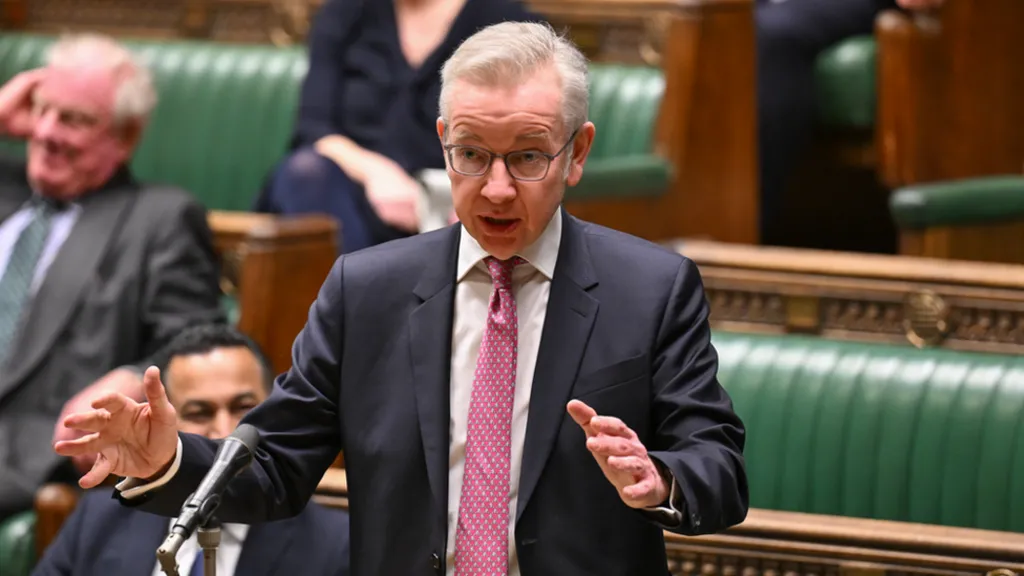
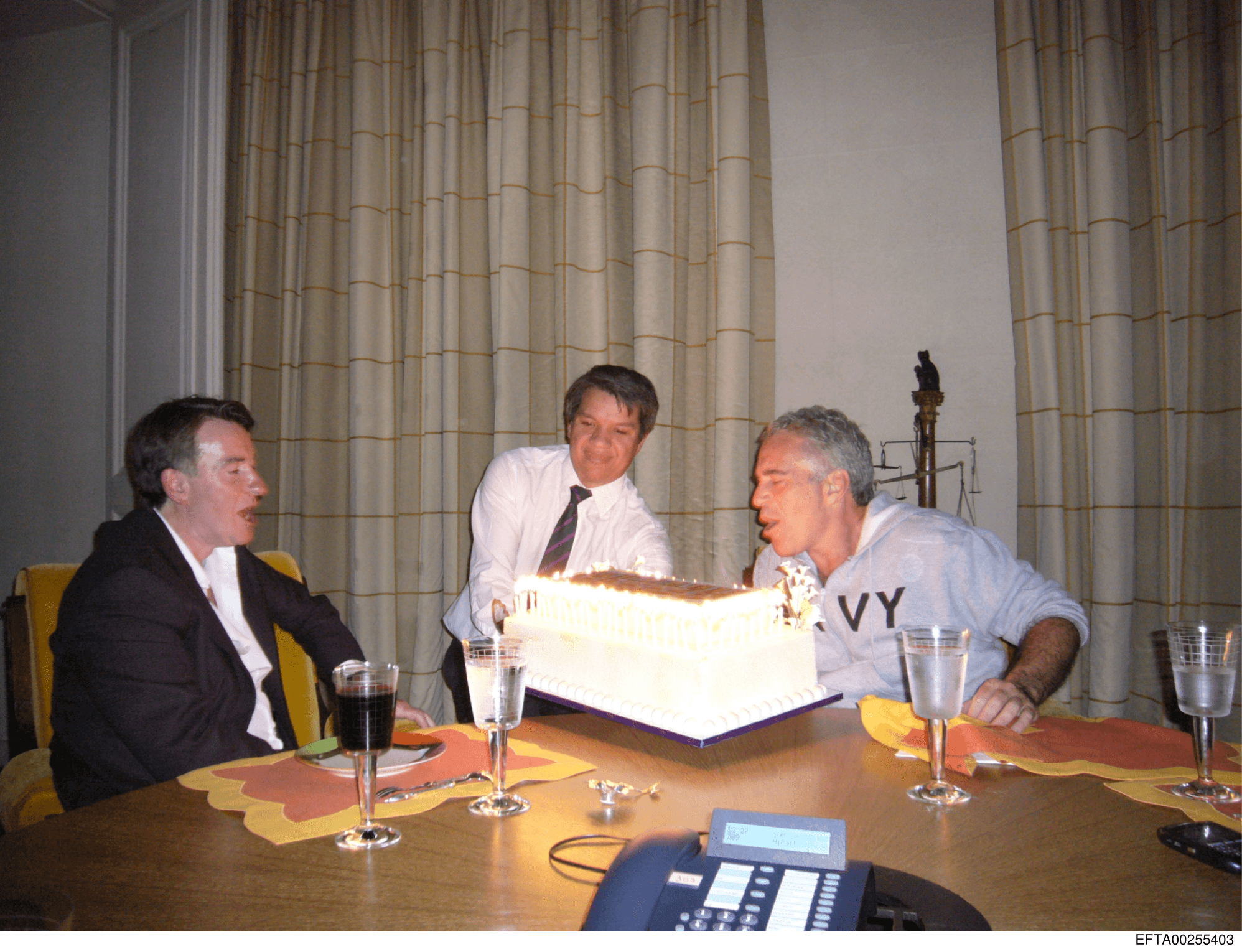
 tells us in the Quran:
tells us in the Quran:

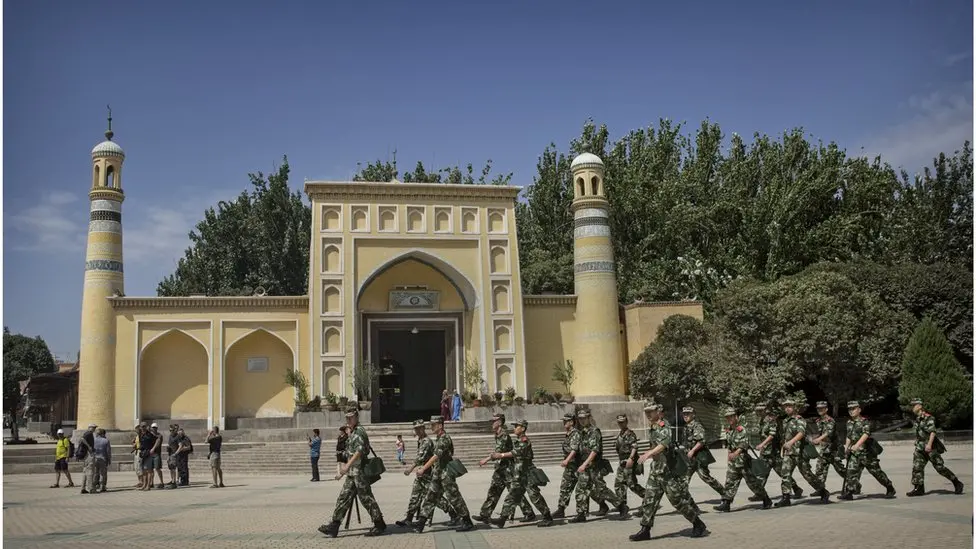 There is something else the Chinese authorities do, something the international community must hear.
There is something else the Chinese authorities do, something the international community must hear.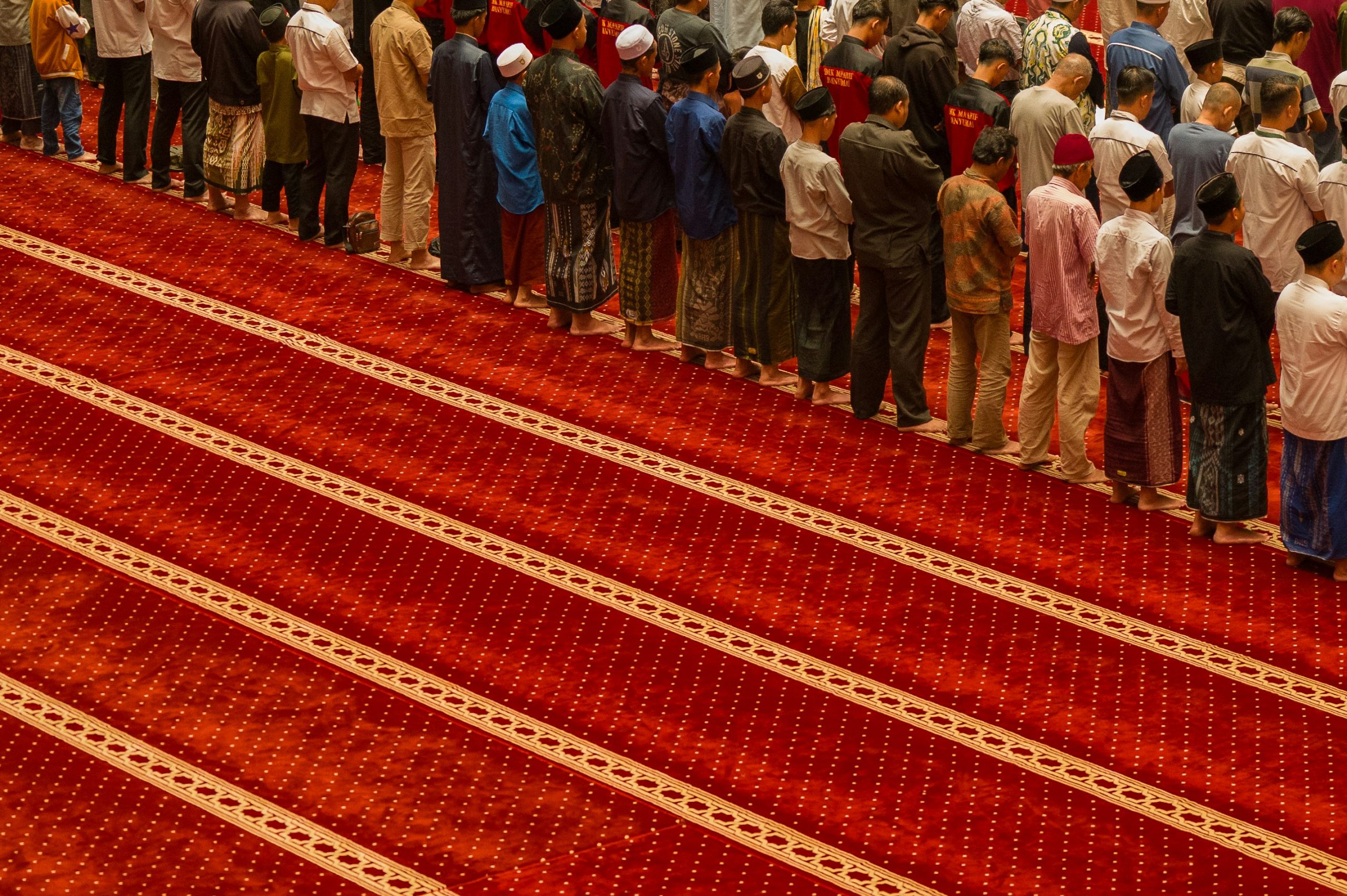

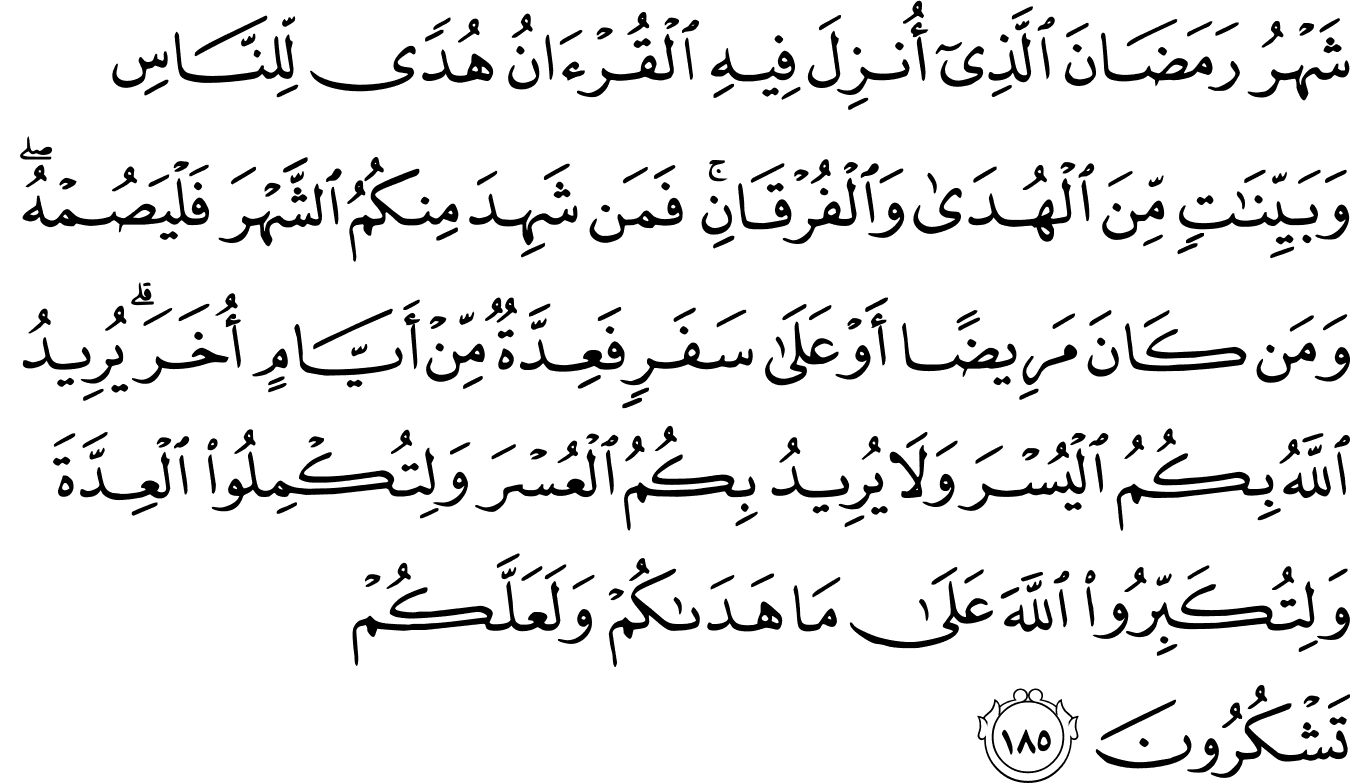
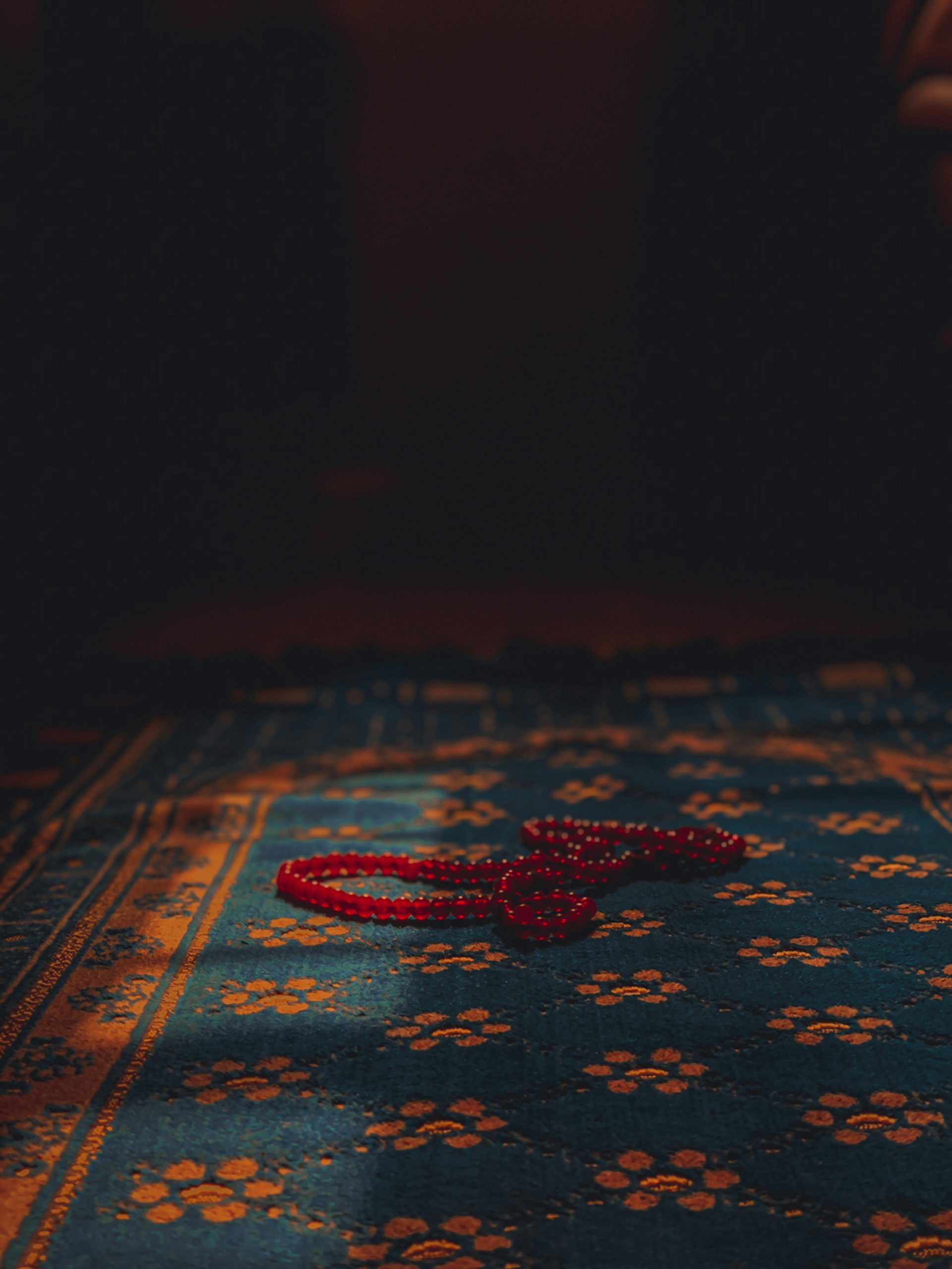
 also counted fasting in Ramadan as one of the five pillars of Islam in the famous Hadith of Jibreel
also counted fasting in Ramadan as one of the five pillars of Islam in the famous Hadith of Jibreel  .4
.4
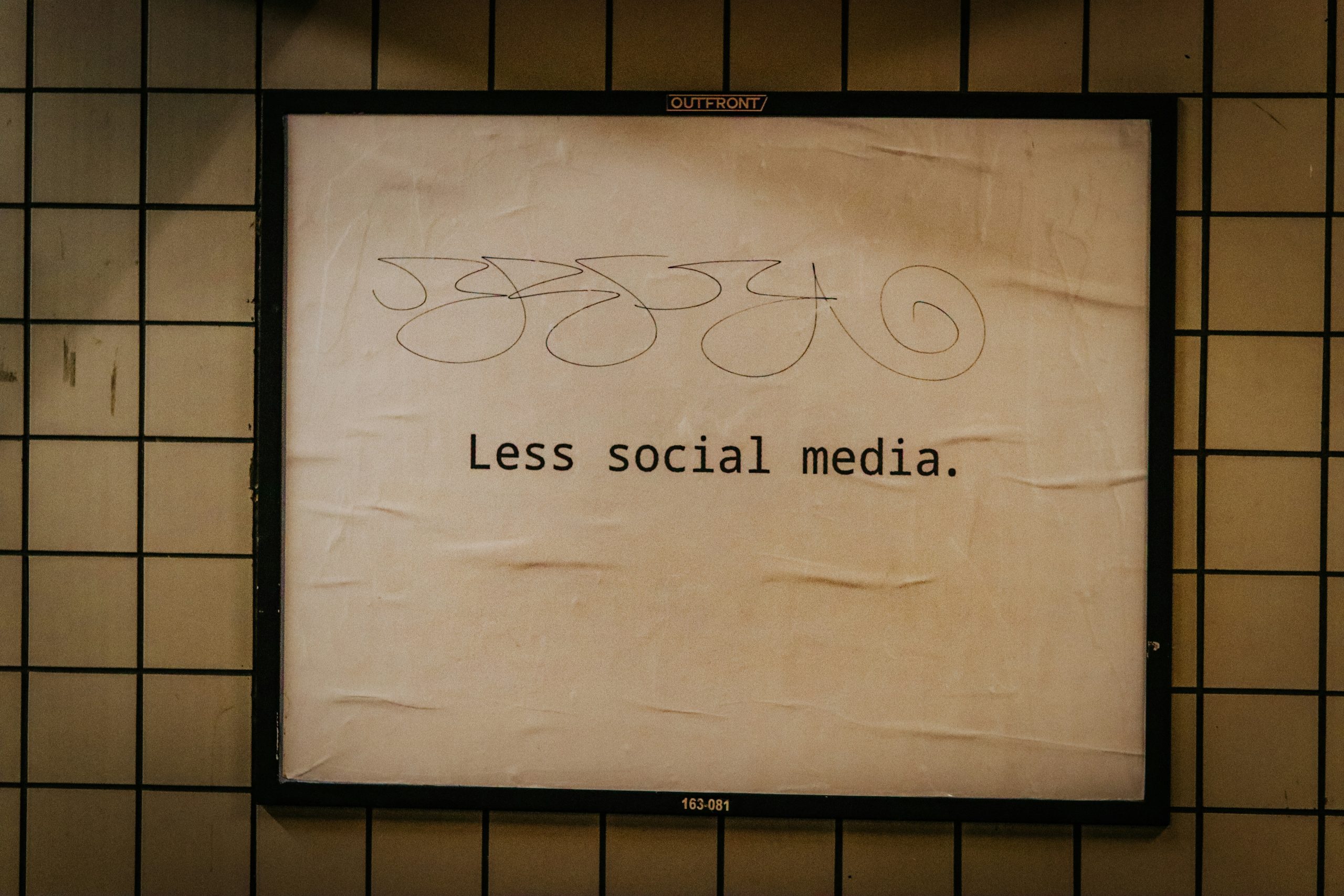


 ” text. And I get it. You’re tired of being told what to do, how to be Muslim, why you should care.
” text. And I get it. You’re tired of being told what to do, how to be Muslim, why you should care. “Alms are meant only for the poor, the needy, those who administer them, those whose hearts need winning over, to free slaves and help those in debt, for God’s cause, and for travellers in need. This is ordained by God; God is all-knowing and wise.” [Surah At-Taubah: 9;60]
“Alms are meant only for the poor, the needy, those who administer them, those whose hearts need winning over, to free slaves and help those in debt, for God’s cause, and for travellers in need. This is ordained by God; God is all-knowing and wise.” [Surah At-Taubah: 9;60]